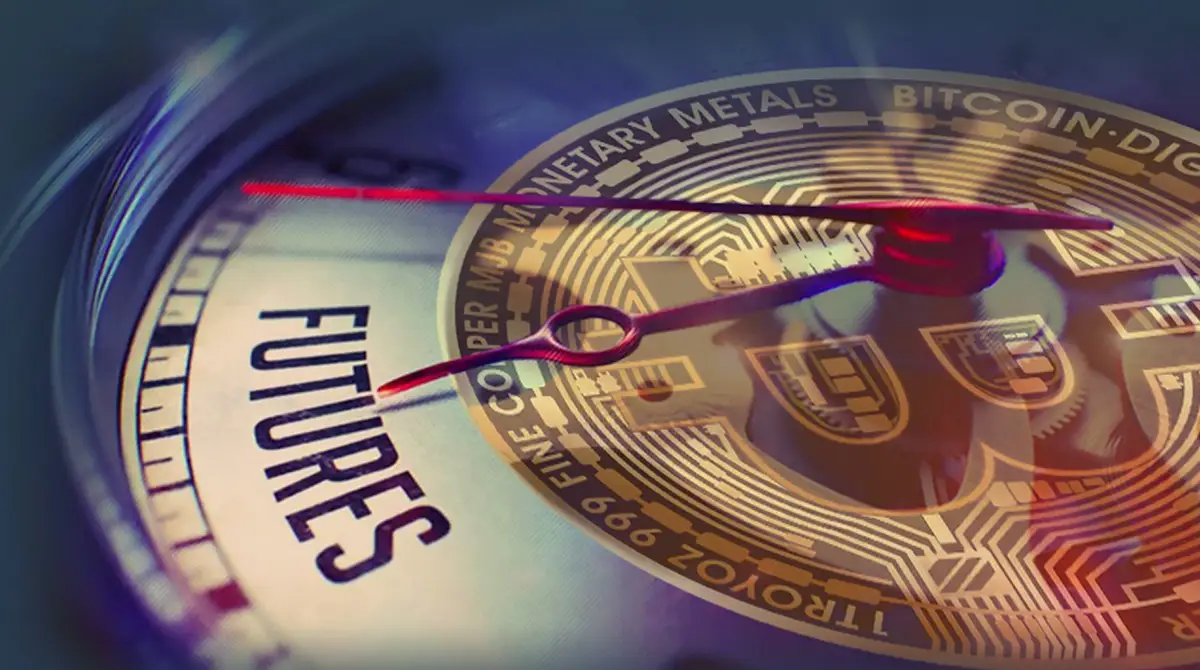Financial illiteracy turns even a stable income into a source of stress. Without understanding the principles of money movement, it is impossible to control expenses or plan for the future. Money disappears without a trace, debts accumulate, and credit becomes the norm. How to increase financial literacy is a key question for those who strive for stability, freedom, and wealth growth.
What is financial literacy and how to improve it
Financial literacy is the ability to think with money. Conscious management of income, understanding the value of time and interest, the ability to choose profitable tools and avoid unprofitable decisions. Those who possess the basics easily distinguish necessary from imposed, calculate the consequences of decisions in numbers, evaluate risks not intuitively, but rationally.
The first step – organize personal finances
Order begins with revision. How to increase financial literacy if the full picture is not visible? You need to create a personal table:
-
monthly income: fixed and additional;
-
mandatory expenses: housing, loans, utilities;
-
variable expenses: food, transportation, entertainment;
-
unexpected payments: repairs, gifts, medical treatment.
After decomposing the amounts, they become more real. It is seen where control is lost, where the “budget leak” begins. Financial literacy starts with specifics, not theory.
Personal budget: how to turn money into a tool, not a problem
A proper personal budget is not a savings regimen but a decision-making system. The standard approach is 50/30/20: half for basic needs, a third for desires, 20% for savings. But strict formulas rarely work in practice. Individual distribution is more suitable:
-
40% – life;
-
25% – goals;
-
15% – emergency fund;
-
10% – education;
-
10% – leisure.
This format takes reality into account and motivates. Every ruble gets a task. The budget becomes an active assistant, not a notebook with negatives.
Expense planning: how to increase financial literacy
Expense planning eliminates improvisation, which often ends in overspending. The optimal approach is a weekly plan: up to 3 categories, fixed amount, ban on spontaneous expenses. Expenses should be recorded in apps: CoinKeeper, Zen-Money, Moneon. Analysis through graphs shows weak areas, highlights meaningless items. Financial literacy grows when expenses are managed ahead, not recorded after the fact.
Self-control mechanics in shopping
Impulse purchases are the enemy of savings. Concrete techniques help resist:
-
72-hour rule: if you need something, it can wait;
-
pre-made list: only buy what’s on the list;
-
card vs. cash: paying by card is more advantageous, but cash hurts more;
-
daily limit: no more than 1,000 ₽ for unplanned purchases;
-
removing marketplaces: reducing contact reduces temptation.
Increasing financial literacy means learning to manage desires, not dealing with consequences. Impulse is the enemy of wealth.
Income and expenses: seeing the balance and growth point
Income is not just a salary. Additional sources include freelancing, rentals, cashback, interest on balances, affiliate programs. Any stable plus is a brick of stability. Expenses are divided into productive (food, development, health) and neutral (entertainment, clothing). Priority is given to long-term benefits. Increasing financial literacy means learning to extract value from every ruble, not just counting money.
How to save money
Saving is not about deprivation but about thoughtful choices. Real ways to increase financial literacy:
-
Plan meals and shop once a week – save 20% on snacks.
-
Use bonus programs – Ozon, Megamarket, X5 give up to 10% cashback.
-
Buy out-of-season items – winter jackets in summer, electronics in autumn.
-
Make major purchases during cashback promotions.
-
Switch to annual subscriptions – save up to 40%.
-
Compare prices through aggregators – an extra thousand often lies nearby.
-
Avoid disposable purchases – filters instead of bottled water, rechargeable batteries instead of disposables.
The benefit becomes tangible when the saved funds are put to use – for savings, not the next expense.
Investing for beginners or how to increase financial literacy
Increasing financial literacy is impossible without understanding investments. Three principles are important for starting:
-
do not invest your last money;
-
do not get into what you don’t understand;
-
do not expect quick results.
Tools to start with:
-
Federal loan bonds – stability and higher income than a deposit;
-
ETFs – ready-made portfolios without the need for analysis;
-
blue-chip stocks – dividends, capitalization;
-
bank deposits with capitalization – a basis for growth.
You can start with 5,000 ₽ in Tinkoff Investments, VTB My Investments, SberInvestor. The main thing is consistency. Investing money means launching a growth mechanism, not relying on luck.
Emergency fund: insurance against reality
An emergency fund is an amount that allows you to live for 3-6 months without income. The size depends on the lifestyle. For a family of three, a minimum of 150,000 ₽. It is better to form the fund in a reliable currency, gradually, in accounts with 1-day access. Without a tool, every force majeure turns into a debt pit. With the emergency fund – stability and freedom. Increasing financial literacy starts with protection, not ambitions.
Increasing financial literacy in adulthood: is it possible to start from scratch
Financial thinking is formed not in school but in crises. Development in adulthood is faster – motivation is higher, experience is present. Learning methods:
-
subscriptions to finance blogs;
-
courses from banks and brokers;
-
Excel tables with real data;
-
trading simulators;
-
discussing investments with friends;
-
financial books with practical cases.
Improvement comes not from theory but through practice.
Financial stability: how to solidify progress
Stability arises when the budget ceases to be a headache. Income exceeds expenses, savings cover risks, money works. How to increase financial literacy: review your lifestyle:
-
do not fear job loss;
-
save for goals without stress;
-
choose rather than agree;
-
help others without losing support.
Economic efficiency increases when every ruble is a resource, not a problem. Financial literacy makes money understandable, manageable, predictable.
 en
en  ru
ru  de
de  ar
ar  es
es  nl
nl  hi
hi  fr
fr  it
it  pt
pt  el
el 



